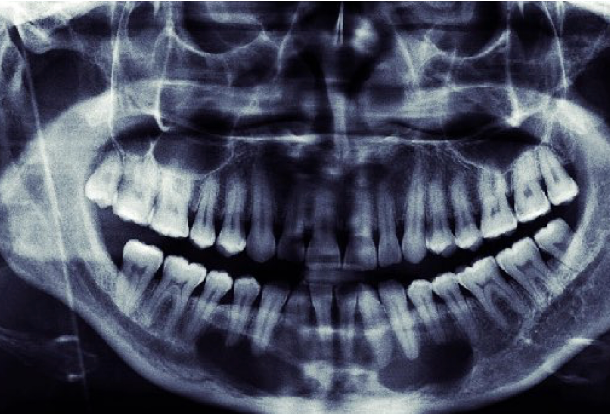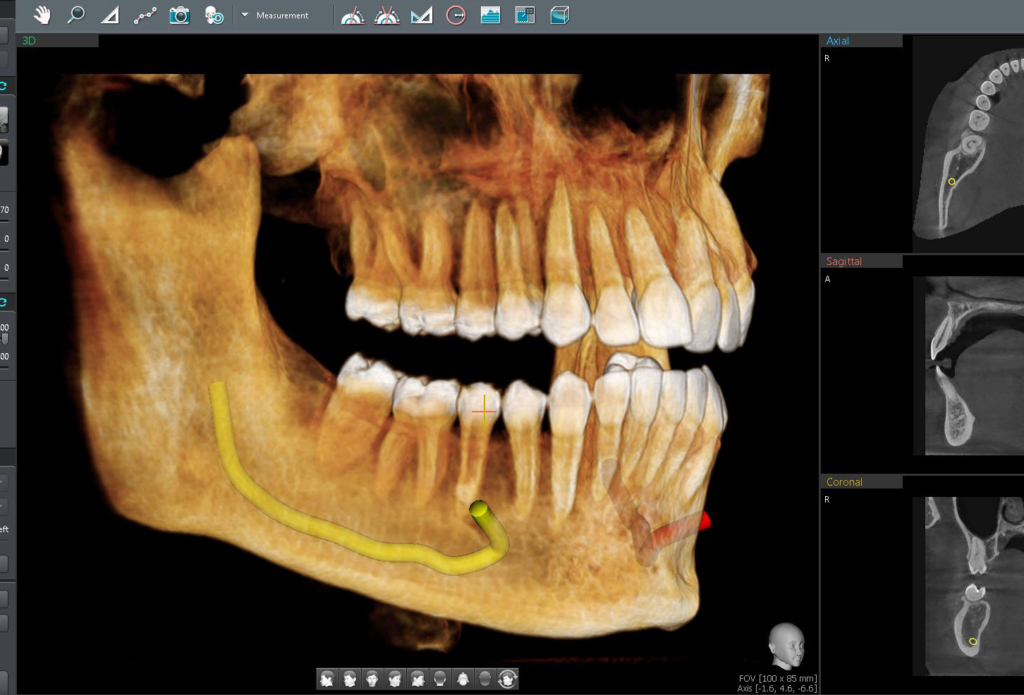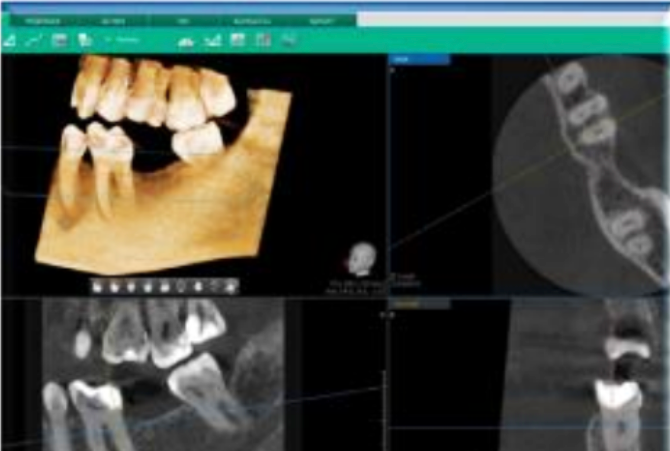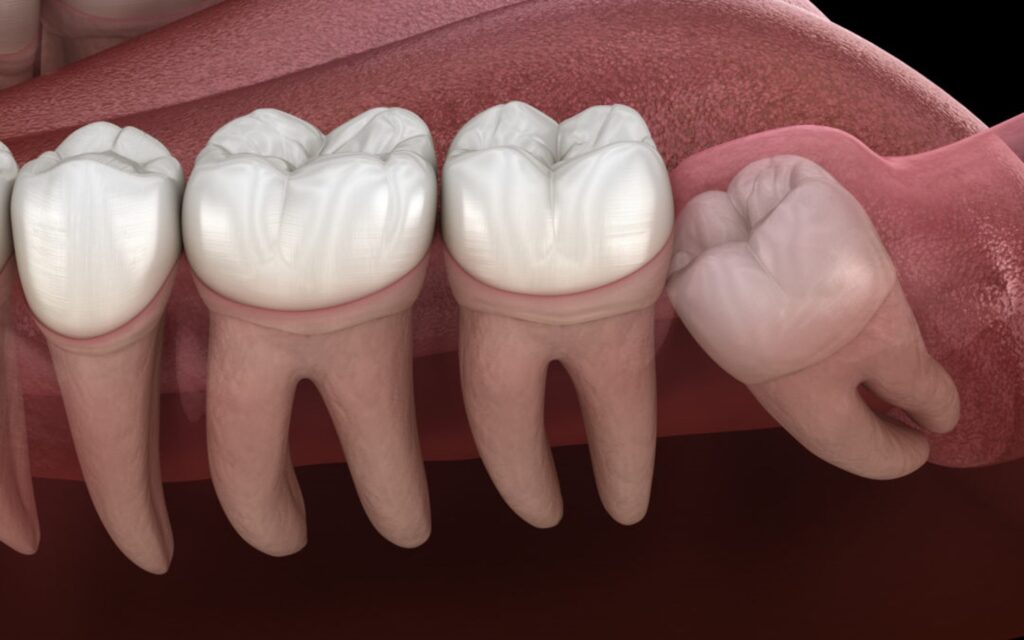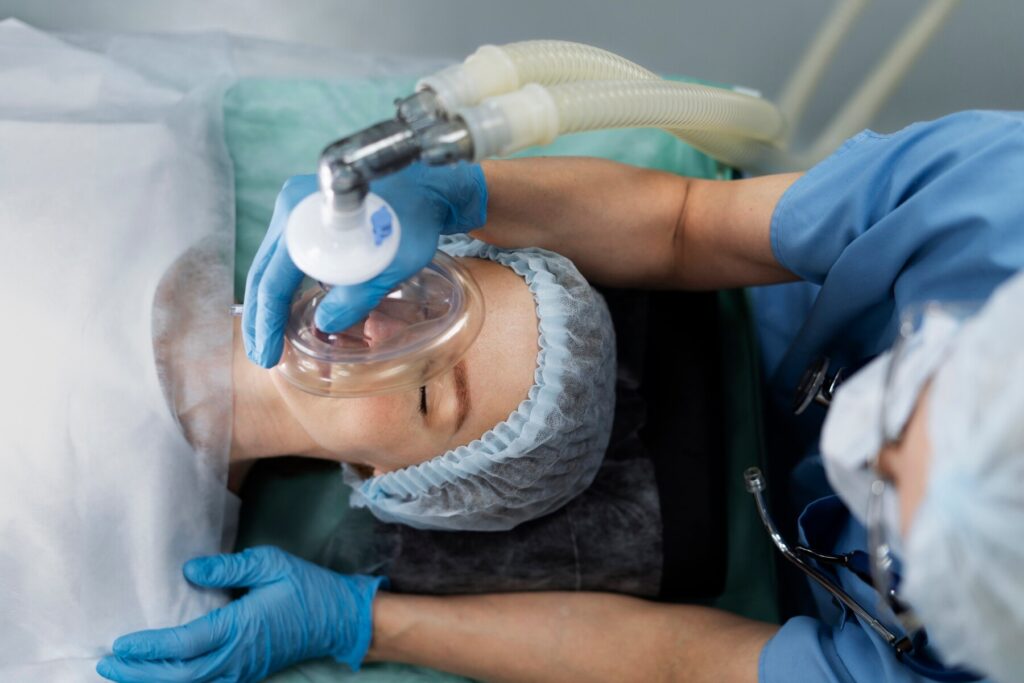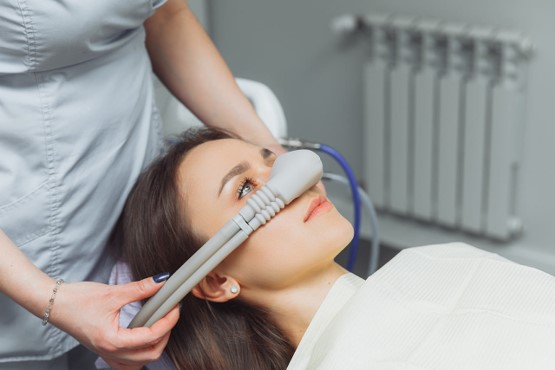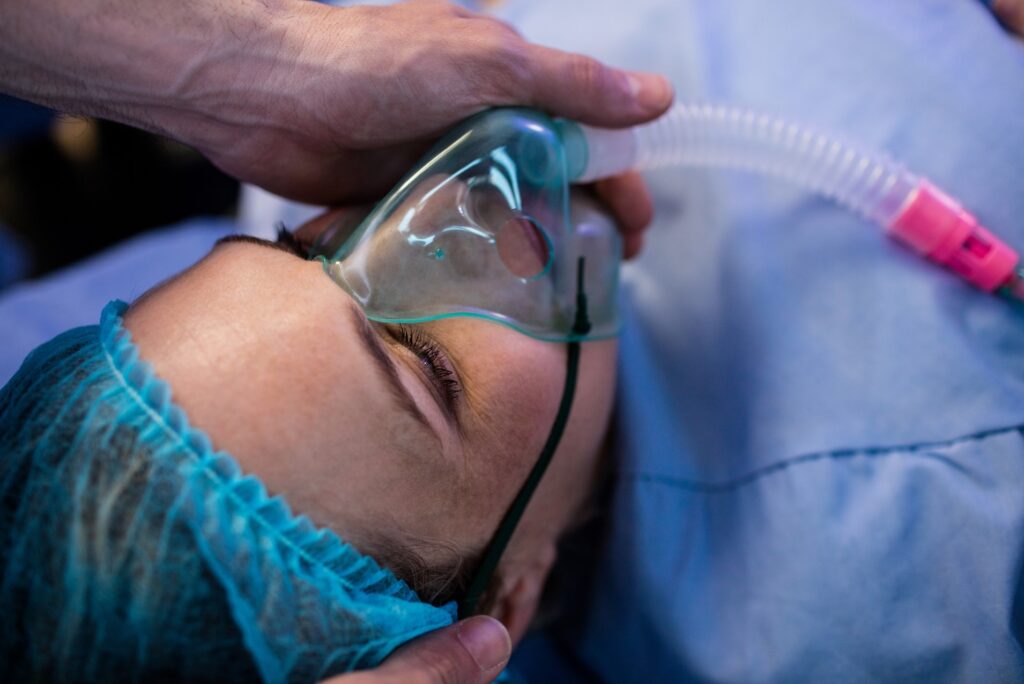Discover the Power of Dental Aesthetics: Achieve a Perfect Smile in 24 Hours
Discover the Power of Dental Aesthetics: Achieve a Perfect Smile in 24 Hours Have you ever wondered how a perfect smile would look on you? One of the most popular options for enhancing your smile is dental veneers. In just a few hours, we can significantly improve the appearance, shape,



